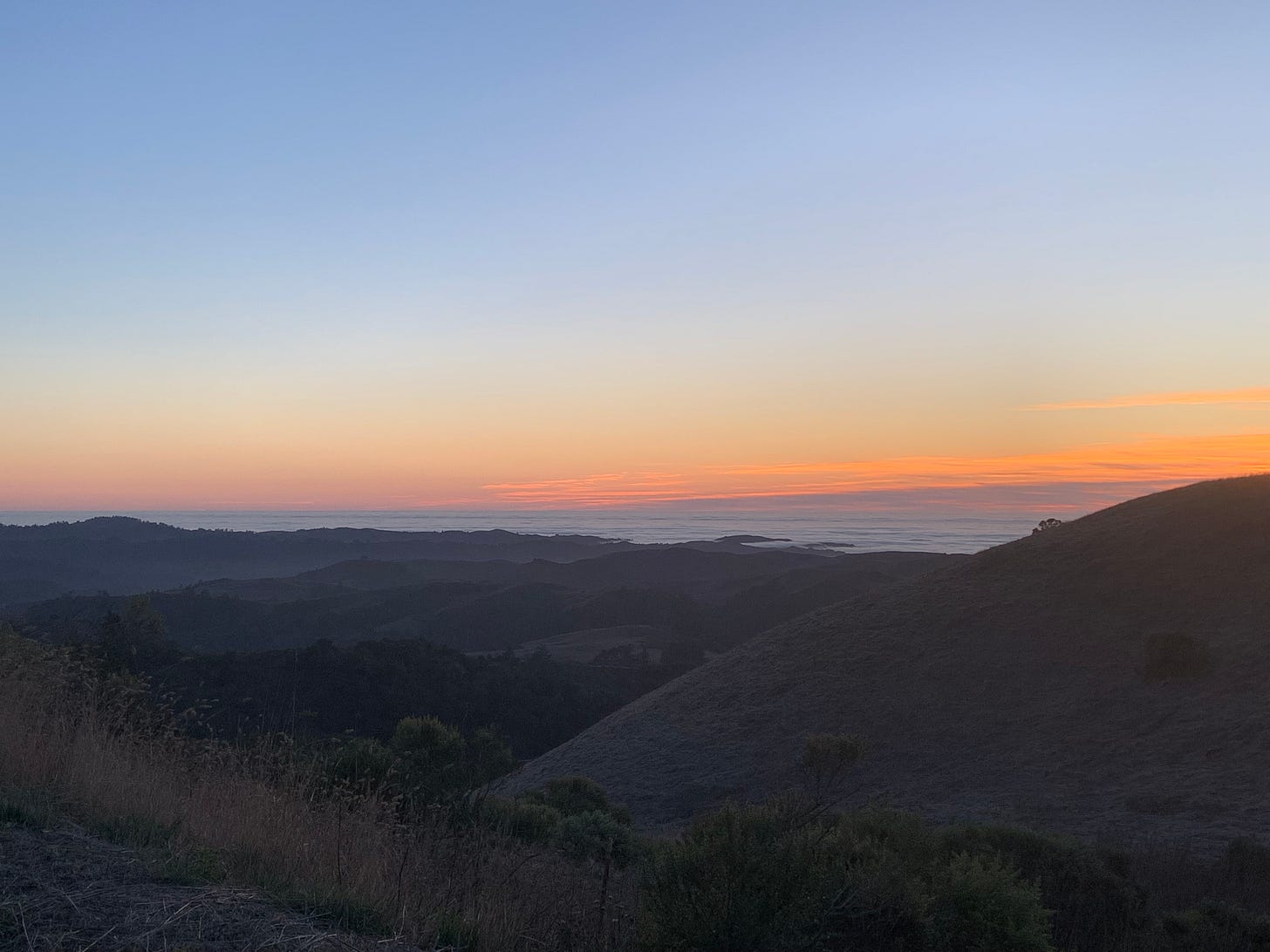
Your alarm buzzes at 6:30 AM. It’s time for your morning run. But as you open your eyes groggily and visualise the long, cold run you have in front of you, you begin to have second thoughts. You want to snooze the alarm and sleep for a just a bit more as your conviction for the run slowly wisps away. But it doesn’t feel right to bail on your run, so you tell yourself - “Dude, you know, you’re really hard on yourself. You deserve a morning off” or “You had a couple of hard runs this past week, take the morning off and maybe you can run in the evening”.
I have faced this choice multiple times. I’ve gone for runs before the crack of dawn and I’ve snoozed the alarm only to get up directly for a work meeting. Having repeatedly gone through this cycle (and hoping to get up tomorrow morning as I write this) has distilled a valuable insight that I now carry with me and try to apply in other walks of life.
If you had to rank the string of activities you undertake from the point you first open your eyes to the point where you finish your run in the order of difficulty, the run itself will not nearly make the top of the list, regardless of what you may think when you’re lying in bed. The most difficult part is taking off the blanket, swinging your legs off the bed and sitting upright. Because after that things only become easier. As you get off the bed, walk to the washroom and brush your teeth, sleep wears off rapidly and your body starts acclimatising to the temperature change. Walking out in the dark, the cold bites but now you’re already here, changed up and ready to go. You’re not gonna quit. As you start running, the body is jolted into action. A steadily climbing heart rate attempts to keep up with the sudden demand for circulation and the rhythm feels wonky. Each inhale wakes you up a little more as the cold, crisp morning air rushes in. Eventually your heart rate stabilises and the body gets warmed up. You pop back the hoodie, settle into a tempo as autopilot takes over and you begin to zone out, marvelling at the sunrise in front of you. The run is not be the most difficult part, it is the most beautiful one.
Coincidental in the typical way that our brain forms connections, as this insight about my morning runs swirled around in my head, I saw in one of Tesla’s Fremont factory, a quote by Elon which said, “The most difficult thing is the decision to act, the rest is mere tenacity.”. It struck a chord with me because that is how I viewed the whole running in the morning situation. Instead of thinking about all the difficult things that came with a morning run like feeling cold or not getting enough sleep etc., I should just focus on that single task of getting out of bed and muster my will to act. Because once that simple, yet difficult decision to act had been successfully carried out, the success of the run was mostly guaranteed. I have never gotten up and been unable to finish a run. And I’ve not finished a run 100% of the times I went back to sleep. “Let me get in 15 minutes” never happens. Nothing about either the decision or me changes in 15 minutes.
In physics we learn that the coefficient of static friction is more than that of dynamic friction. Starting to move something is much harder than making it move incrementally once it’s already moving. Similarly, the mere decision to act and putting yourself in the middle of the action is where a lot of the difficulty lies, more than the difficulty of moving forward once you are there. We often understate our tenacity and the will to problem solve in the middle of a crises. If you are hungry to improve, progressing in most endeavours is comparatively easier that what we would imagine from the outset. Granted, anything valuable is always going to be difficult to build or get to but through minute, iterative improvements over a long enough period of time, we can achieve what, from a past vantage point, might have seemed impossible. Needless to say, this principle applies to almost everything in life. Whether it be a personal physical goal, a desire to build your own company or coping with the loss of a loved one, the decision to show up with the courage and desire to improve is half the battle. Because once we do, we allow the processes of iterative growth, compounding and our own will to work their magic and get us to where we want to be. A place we otherwise could only have dreamt of. So keep showing up.




Nicely written and very relatable.